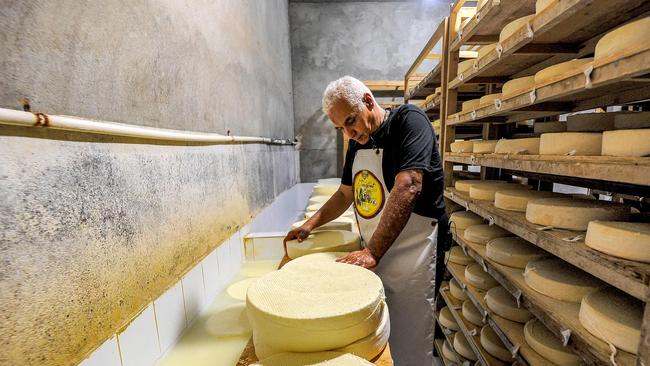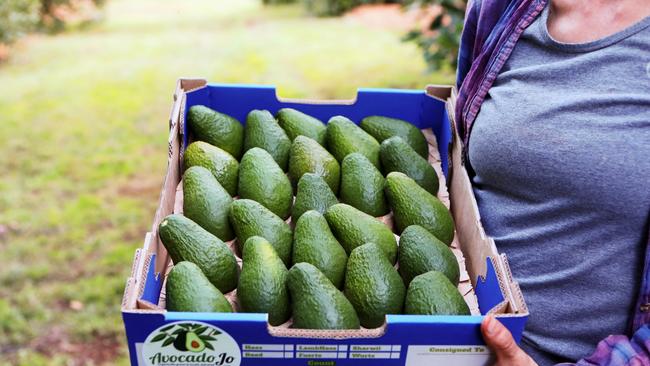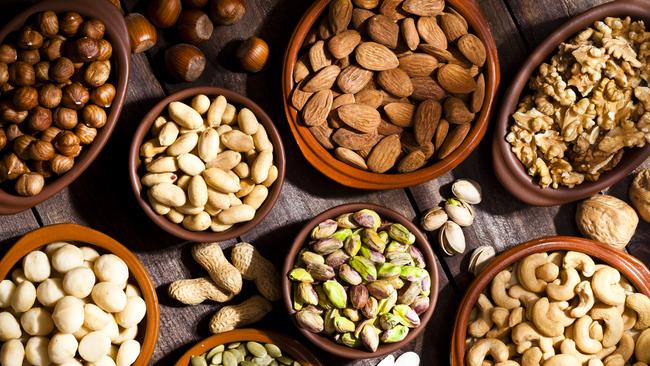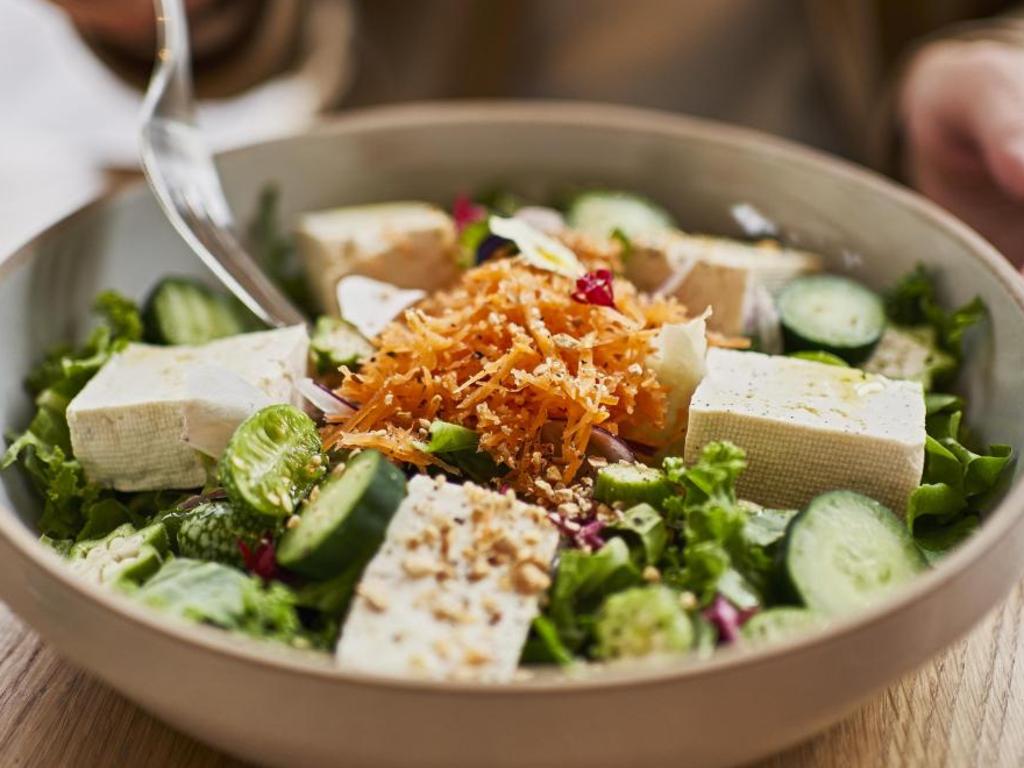The fat truth: these high-calorie foods won’t make you gain weight
Growing scientific evidence indicates that some high fat foods are not associated with weight gain ... and may even help you lose weight over time.

It’s the kind of scientific evidence we can all get behind - cheese is not associated with weight gain. Neither is a host of similar high-calorie, high-fat foods including avocado, nuts, Greek yoghurt and chia seeds.
How can that be, when a quarter of wheel of brie cheese, say, packs a 200-calorie punch, with 80 per cent of those calories coming from almost 20 grams of fat? Half an avocado is similarly high-energy at around 150 calories and about 15 grams of fat. A large percentage of the calories in nuts also come from fat, with average energy count of around 150 calories per 30 grams, depending on the variety.
Many people who subscribe to the “energy-in, energy-out” philosophy of weight management carefully ration their intake of these high-energy foods. But that approach runs counter to the emerging scientific evidence.
“The evidence indicates that even though these foods are higher in calories, when eaten in moderation they are not linked to weight gain,” says Barbara Brayner from the school of exercise and nutrition sciences at Deakin University. “We have a lot of research to show that these foods not only do not promote weight gain, but in some instances they have a protective effect on weight gain. What that means is that the people who eat these foods tend to not gain as much weight as people who do not eat these foods, in the long term.”

So how can that be? Scientists are not sure, but there are a few working theories. First up, there is probably something going on in terms of how the body metabolises the fats in these foods. The high fat content of nuts, avocados and chia seeds is mostly made up of unsaturated, “good fats” that have a beneficial effect on the heart and cholesterol levels. Cheese is high in saturated fat, but recent research indicates that the fermenting process in cheese production means that the body effectively treats the fat in cheese as a beneficial fat which doesn’t significantly raise LDL cholesterol and is good for the heart. This applies in particular to the harder, casein-based cheeses such as cheddar and parmesan. And the fermented cheeses such as blue cheese parmesan are great for fostering a healthy microbiome. This also applies to yoghurt, which may also provide a clue as to why cheese and full-fat yoghurt are not associated with weight gain. “There has been research to suggest that our gut health has a link to obesity risk,” says Ms Brayner. “We have seen that lean individuals have different types of bacteria in their guts.”

Other working theories as to why healthy high-fat foods don’t make you put on weight when eaten in moderation relates to appetite, hormones and satiety, as well the energy the body needs to use to metabolise these foods. Some of the fibre in these foods, in particular nuts, is also not absorbed by the body.
“The common point these foods have like avocados and nuts is their fibre content, which when we combine that with the fats of these foods and their protein content, they tend to have a satiating effect,” Ms Brayner says. “They make you feel fuller for longer so you are less likely to snack on other foods.
“Another possible explanation is due to these foods’ thermogenic effect - in other words how many calories we are burning by eating that food. We have some research that suggests that foods that are rich in unsaturated fat that are usually considered the good fats that we find in nuts, seeds and avocados, these foods have a greater thermogenic effect than saturated fats, which tends to lead to less fat storage.
“The bottom line is all calories are not the same.”








To join the conversation, please log in. Don't have an account? Register
Join the conversation, you are commenting as Logout